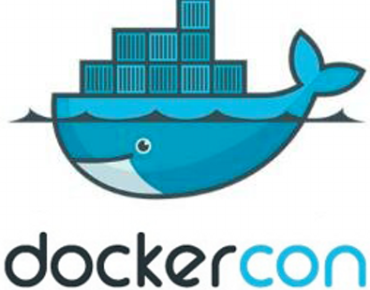Docker Targets Production With New Tools, Services

As it moves to become a de facto standard for application container formats, Docker released a batch of management tools, support services and a new on-premise registry for container images this week all designed to speed container adoption in production environments.
As more enterprises prepare to deploy container technology, Docker executives stressed they are aiming for "continuity along the [application delivery] lifecycle from DevOps to production." The also stressed a comprehensive approach to moving container technology from the testing stage to actual production.
Among the issues to be resolved is container portability across any network infrastructure. To that end, Docker unveiled a multi-host software-defined network along with orchestration tools designed to boost the portability of multi-container distributed applications.
Docker acquired SDN startup in SocketPlane in March to drive networking collaboration around Docker containers. SocketPlane had been developing Docker open APIs for networking. Application portability across networks has been identified in several industry surveys as a key hurdle to container adoption.
The new SDN functionality was described at a company event in San Francisco as tied to existing networking standards like virtual extensible LAN (VXLAN). The intent is to provide interoperability not only for multi-container applications but also for "Dockerized" apps. These services would communicate via DNS without modification while VXLAN allows application micro-services to reside on Swarm, the native Docker cluster.
Related to the network enhancements, Docker also announced that partners have developed a plugin architecture platform designed to connect container users and developers. Among other things, the platform allows a Docker native SDN to be swapped with a third-party network. Initial plug-in capabilities include networking and storage volumes.

Source: Docker
Docker said the networking and plug-in capabilities are available as an "experimental build" on Docker Engine. Docker Engine and Swarm make up two thirds of the container orchestration improvements announced this week. The third is Docker Compose, which defines containers that constitute the distributed application. Compose also determines how apps are connected. Integrated with Docker Swarm, the multi-container application is then networked across multiple hosts, the company said.
Docker Machine, Docker Compose and Docker Swarm (integrated with a Mesos scheduling feature designed to scale applications to hundreds of hosts) are available as individual downloads with updates tied to a 1.7 platform release.
Another critical adoption issue tackled by Docker this week is lingering security concerns. Those steps take the form of expanded software support and an upgraded private registry service, explained David Messina, Docker's vice president of marketing. Docker launched a Hub Registry last June. Responding to security concerns, the service has been upgraded to a Docker Trusted Registry for container images that provides an option for on-premise storage and sharing of Docker images.
Docker said the new registry has so far attracted more than 800 organizations, about half of them Fortune 500 companies, since a beta program was launched in February.
Dockers said the subscription-based registry service is available in either server or cloud-hosted configurations. The register is available now from Docker as well as Amazon Web Services, IBM and Microsoft Azure. Subscriptions start at $150 per month.
Microsoft also demonstrated a container application at DockerCon designed to work across Windows Server and Linux. Microsoft claimed that combining containers using Docker Compose and Docker Swarm would speed application development.
Docker also rolled out a trio of use cases during its company event focused on "containers-as-a-service," continuous integration and delivery of apps and a "containerized analytics" framework demonstrated by financial services giant Capital One.
Docker's Messina noted that the batch of tools and services are designed to make the container technology more accessible while ensuring "uniformity of adoption" as more large enterprises embrace containers technology.
Related
George Leopold has written about science and technology for more than 30 years, focusing on electronics and aerospace technology. He previously served as executive editor of Electronic Engineering Times. Leopold is the author of "Calculated Risk: The Supersonic Life and Times of Gus Grissom" (Purdue University Press, 2016).










